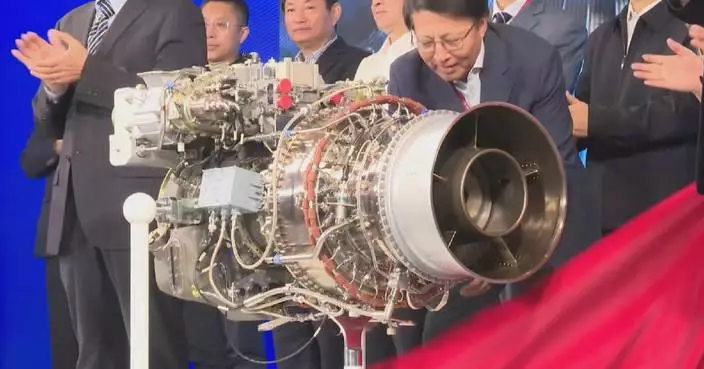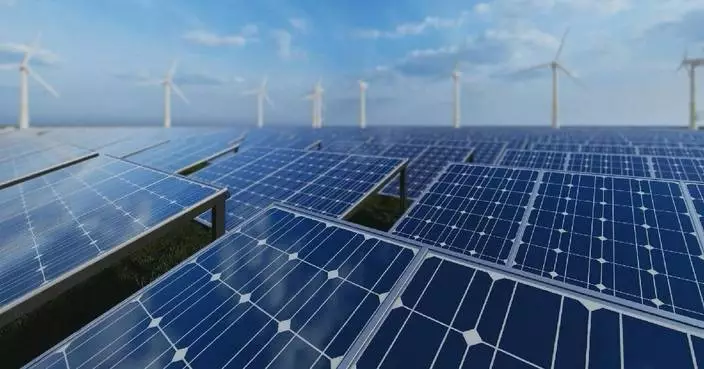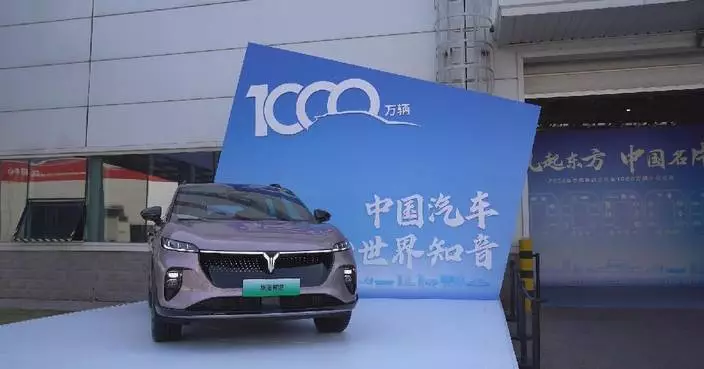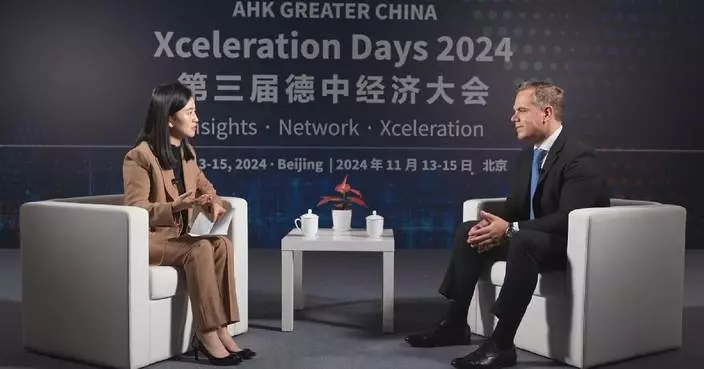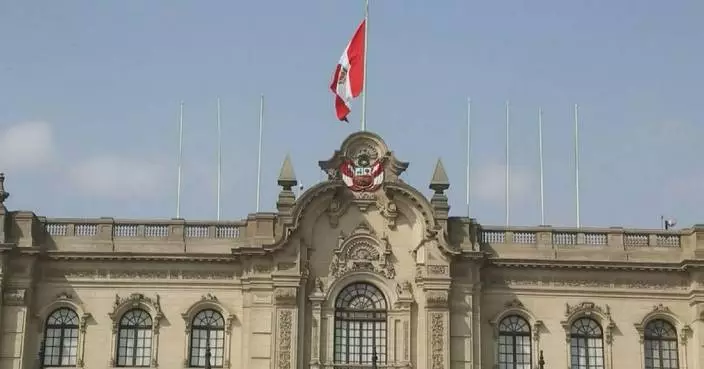Azerbaijan, the presidency of the 29th Conference of the Parties (COP29), is now leveraging its abundant solar and wind resources to shift toward renewable energy in cooperation with China.
The Garadagh Solar Photovoltaic Plant, Azerbaijan's first major solar power plant, is a symbol of China-Azerbaijan cooperation on green initiatives under the Belt and Road Initiative.
"The Garadagh Solar Photovoltaic Plant project has reached full capacity connection to the grid. Its annual output can reach 500 million kilowatt-hours, supplying electricity to 110,000 households and reducing 200,000 tons of carbon emissions each year. Based on Azerbaijan's sunlight hours, we calculate the cost per kilowatt-hour to be about three cents," said Xiang Wang, a staff member of Dongfang Electric Co. Ltd., builder of the project.
"With its abundant sunshine hours, the electricity costs in this region are among the lowest globally. Azerbaijan can use fossil fuels as export commodities while achieving faster local energy transformation through renewable sources," said She Haifeng, vice president of LONGi Green Energy Technology Co. Ltd., a Chinese photovoltaics company and a world's major manufacturer of solar modules. Azerbaijan, also rich in offshore wind resources due to its proximity to the Caspian Sea, aims for renewables to account for 30 percent of its power mix by 2030, with plans to install 7 gigawatts of offshore wind capacity by 2040.
The 29th session of the Conference of the Parties to the United Nations Framework Convention on Climate Change (UNFCCC), or COP29, kicked off in Azerbaijan's capital city of Baku on Monday. Experts attending the conference noted that China's experience in solar and wind power will help Azerbaijan meet its green energy goals and establish a sustainable energy framework for the future.
"One of our first projects is to handle, I mean, is to produce renewable energies in the port using solar to reduce our carbon emissions for some of the equipment and facilities. And then going beyond that, we are also looking at other solutions, like wind, to replace the carbon emissions for other parts of the port. And of course, China companies can have a big role in this," said Eugene Seah, chief operating officer of Port of Baku.

Cooperation with China helps Azerbaijan harnesses green energy potential



